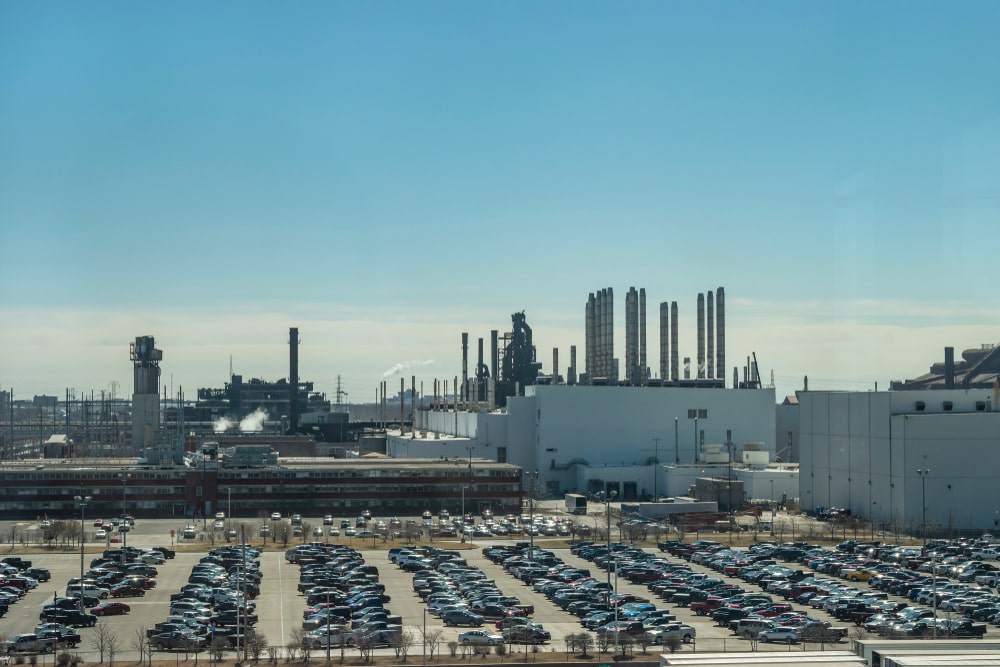
General Motors reached a tentative agreement with United Auto Workers Union (UAW), which following similar deals by Ford and Stellantis, has ended a six-week strike at three of the US’ largest carmakers.
The deal, which would see a 25% hourly pay rise over the course of a four-year deal, was announced on Monday by the Union and GM.
The GM deal follows a similar deal struck by Stellantis on Saturday and by Ford last week.
In what has been described as the first coordinated walkout at the three largest US carmakers, UAW members began walking off their jobs as their employment contracts expired without no new agreement in place.
50,000 of UAW’s 146,000 members walked off to take part in the strike, which started on the 15th September. Analysts say that the strike was positioned to pit the leading carmakers against each other to see who would offer a larger pay deal.
Autoworkers, according to the FT, had wanted to restart the annual cost of living wage increases that had ended during the financial crisis, where many leading US manufacturers, including GM, were bailed out by the US Government.
Furthermore, many members wanted to improve their job security, with the car industry transitioning away from petrol and diesel cars towards electric vehicles that require less labour to produce.
The strike does raise in question the competitiveness of the “Detroit Three”, with their union-heavy factories in the face of competition from non-unionised manufacturers such as Tesla, Honda and Toyota.
The strike has had an impact on the finances of some of the leading US car makers. GM told analysts that the strike was costing $800m in earnings before interest and taxes, with Ford revealing that the strike cost it $1.3bn in operating earnings.
Strikes clearly pose risks to corporates as well as indirect risks for insurance companies because they can hinder economic growth and impact the disposable income of policyholders. That, in turn, can affect the affordability of insurance.
As a strike is designed to cause disruption it can also result in protests and violence, which have ripple effects on firms that would normally be outside network of the original strike-affected business. In that sense, strikes, like political violence or events that cause civil unrest are very much a connected risk that should be monitored.

Related Articles
Corporate risk
Corporate risk
Corporate risk